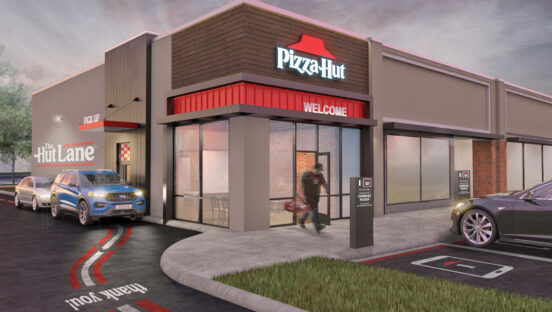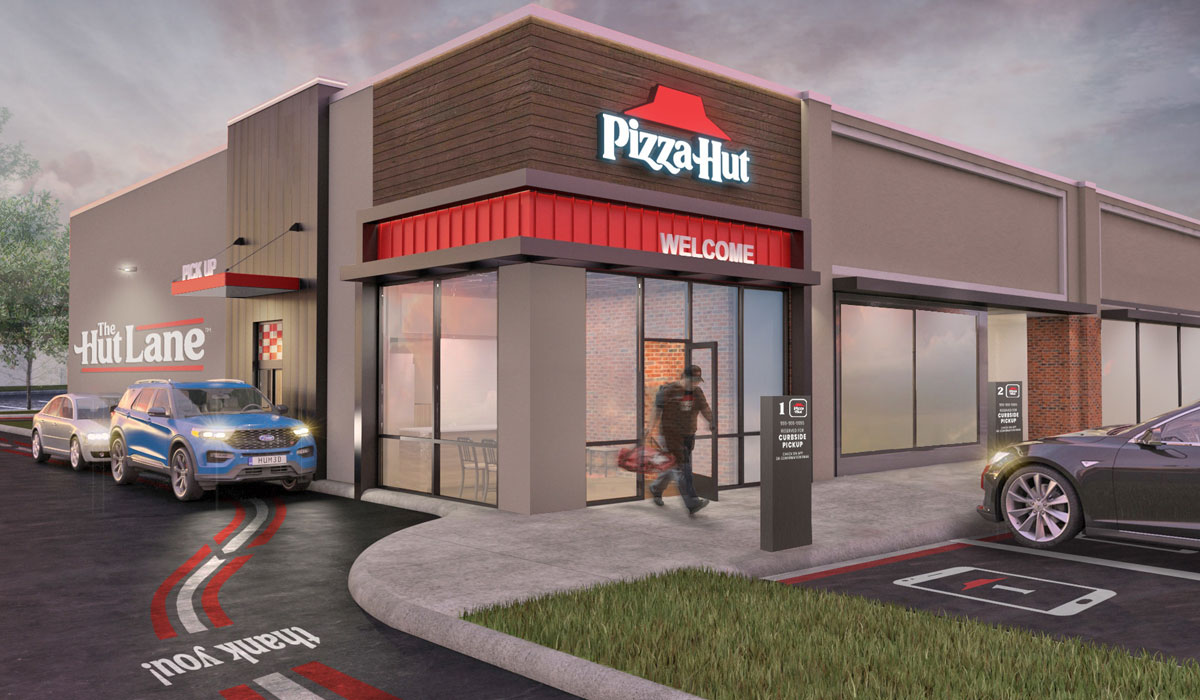Yum! Brands announced Thursday that it has reached an agreement to acquire technology solutions company Dragontail Systems Limited for $72.5 million.
The KFC, Taco Bell, Pizza Hut, and Habit Burger Grill parent was attracted to Dragontail’s AI kitchen order management system and delivery technology. More specifically, the tech company’s platform optimizes the food preparation process from order through delivery, with the AI component automating kitchen flow and dispatching delivery drivers. Additionally, the system can operate with third-party delivery partners and enables customers to track their order. Assuming all requisite transaction conditions have been satisfied or waived, Yum! expects the acquisition to close by the end of Q3.
“With Dragontail, we expect to tap into the power of AI to accelerate and further enhance our delivery technology capabilities, especially at Pizza Hut, and optimize the end-to-end food preparation process,” said Yum! CFO Chris Turner in a statement.
Dragontail’s system is in nearly 1,500 Pizza Hut stores across 10 countries. The end goal for Yum! is to scale the platform and offer it to all its brands globally over time. The fast-food conglomerate also noted that in addition to the kitchen order management system and delivery technology, it will also bring in-house Dragontail’s other “emerging technologies.”
“Yum! Brands and Dragontail have been working in a fruitful collaboration for years,” Dragontail Managing Director Ido Levanon said in a statement. “Dragontail’s Board of Directors fully supports this transaction, which it considers to be an attractive opportunity for its shareholders. It will also provide Yum! Brands with innovative technology. The activities of Dragontail and Yum! Brands are complementary, the synergy is natural and we bless the completion of the acquisition.”
READ MORE: KFC Wants to Become 75,000-Store Juggernaut
This is Yum!’s third acquisition in three months. In early March, the brand revealed the purchase of Kvantum, a company that deploys algorithms and AI models to help brands understand consumer behavior and make informed media and calendar decisions. A few weeks later, Yum! announced that it bought Tictuk Technologies, an omnichannel ordering and marketing platform that allows consumers to interact with restaurants through a variety social media channels like WhatsApp, Facebook, and QR codes.
Yum! CEO David Gibbs said in late April that with the use of Kvantum, the company has seen material improvements in marketing spend efficiencies and same-store sales growth in the Pizza Hut U.K and Taiwan businesses. Domestic Taco Bell and KFC stores started engaging the digital company’s services at the end of 2020. Ticktuck has been implemented in roughly 900 KFC, Pizza Hut, and Taco Bell restaurants in 35 countries outside of the U.S. and has produced impressive results, as well. Yum! has several examples of customers ordering via the platform in under 10 seconds.
“Beyond improving capabilities, what excites me most about these acquisitions is the high-quality culturally aligned teams we’ve brought into our global organization,” Gibbs said during Yum!’s Q1 earnings call.
Yum! has made it clear in 2021 that it’s seeking digital supremacy. The brand ended 2020 with $17 billion in digital sales, a new record. Then in Q1, the company earned more than $5 billion , also a new record. More than 39,000 of its restaurants offer delivery— a 16 percent increase year-over-year.
Each brand is making digital strides in some form. KFC increased digital sales 72 percent to more than $10 billion in 2020. The chain earned another $3 billion in the first quarter. Taco Bell saw a record $1 billion in digital sales in 2020 and launched its first digital-led product in Q1. Also, Pizza Hut’s off-premises channel generated 23 percent comps growth in the first quarter and the Habit saw digital account for more than 40 percent of sales.
Each brand experienced positive two-year same-store sales in the first quarter on a global basis in open and operating stores.
“The key focus point for our teams was the continued acceleration of our digital and technology initiatives across the globe, all geared toward providing customers with new and seamless ways to access our brands,” Gibbs said.








